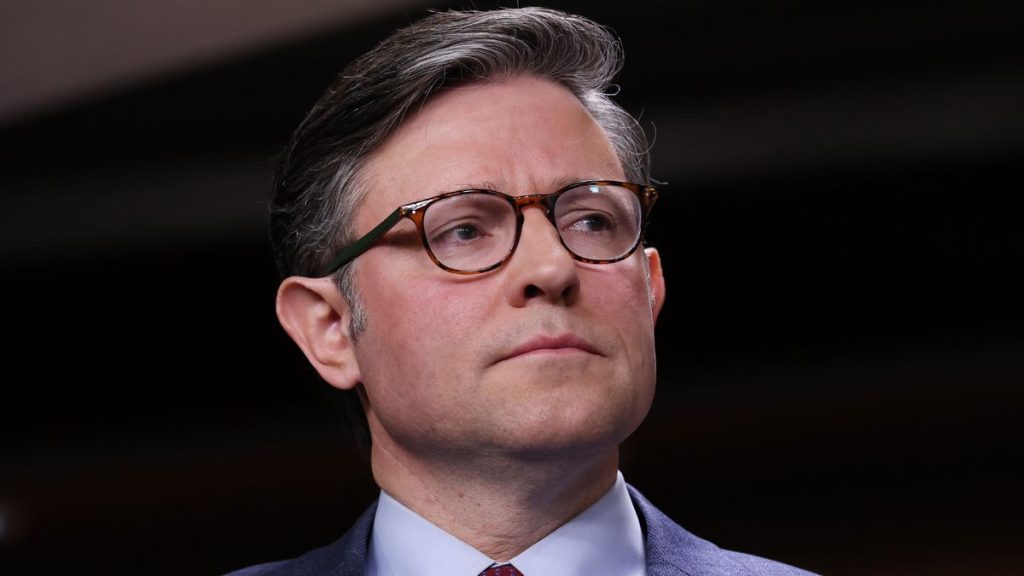Listen to the article
The debate over government shutdown responsibility intensifies as congressional leaders trade blame for the ongoing crisis that has now entered its fourth week.
House Speaker Mike Johnson, R-La., sparked controversy during an October 27 news conference when he pushed back against Democratic claims about Republican responsibility for the federal shutdown.
“The Democrats are required to open the government. They keep saying Republicans are in charge of the government. We aren’t. Not in the Senate. Sixty votes control the Senate, not a bare majority,” Johnson told reporters as the government shutdown stretched into its 27th day.
Johnson’s statement highlights the procedural reality in the Senate, where Republicans hold 53 seats—a simple majority but short of the 60-vote threshold typically needed to advance most legislation. This parliamentary requirement means that despite controlling both chambers of Congress and the White House, Republicans cannot unilaterally pass legislation to end the shutdown without some Democratic support.
The Speaker’s comments quickly circulated across social media platforms, with many users noting an apparent contradiction with his earlier statements. Just five days earlier, on October 22, Johnson had characterized the current political landscape differently.
“On one side, you have the Republican party, the party that controls the White House, the Senate and the House. We call that unified government,” Johnson said at that time, adding that Republicans had “won the popular vote in every single swing state and made deep inroads with voters new to the Republican base.”
The Democratic Party highlighted this apparent inconsistency in communications across social media, using it to counter Republican narratives about shutdown responsibility.
During his October 27 remarks, Johnson presented what he called “simple facts” about the shutdown situation, claiming that Democratic demands were preventing resolution. He specifically alleged Democrats were insisting on “$200 billion in health benefits to illegal aliens and noncitizens paid for by U.S. taxpayers” as part of any deal to reopen the government.
Fact-checkers have disputed this characterization, noting that while Democrats are advocating for extended tax credits to make certain health insurance premiums more affordable, people without legal immigration status remain ineligible for these programs under current law.
The shutdown, now approaching the one-month mark, continues to impact federal services and hundreds of thousands of government employees. The House has passed legislation that would reopen the government, but it requires Senate approval before reaching the President’s desk.
Political analysts note that shutdown politics have become increasingly contentious in recent years, with both parties attempting to frame responsibility based on technical control of government institutions versus practical legislative realities.
The prolonged shutdown has sparked increasing public frustration as essential government services remain curtailed and federal workers continue to go without pay. Economic experts warn that if the shutdown continues much longer, broader impacts on the national economy could become more severe.
As negotiations continue, the dispute over who bears ultimate responsibility for both the shutdown and its resolution remains a central feature of the political messaging battle between Republican and Democratic leadership.
Fact Checker
Verify the accuracy of this article using The Disinformation Commission analysis and real-time sources.



